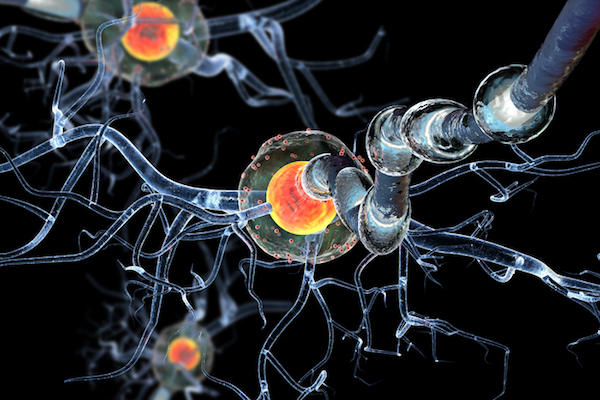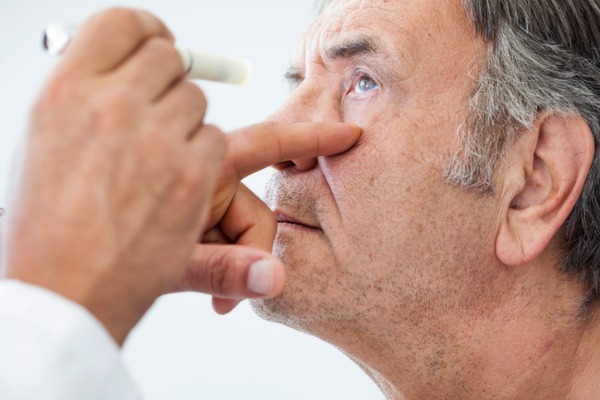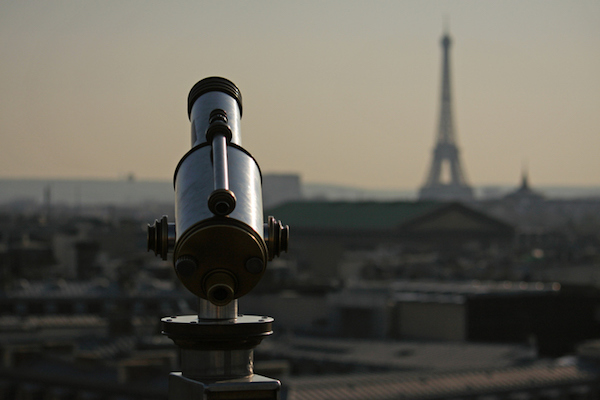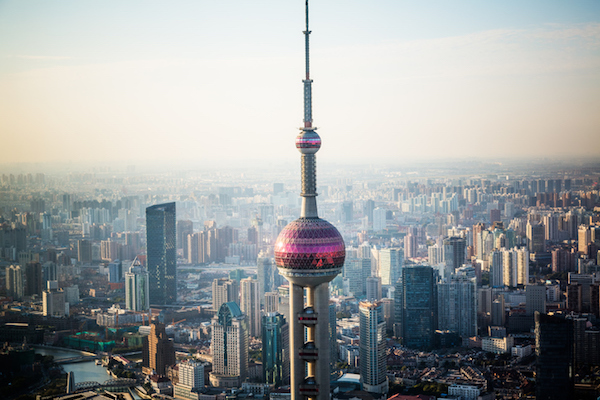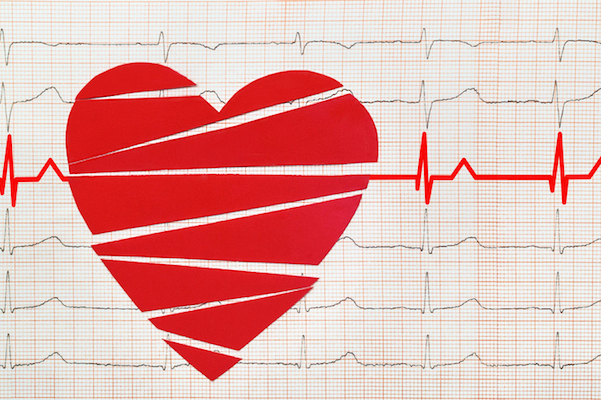
How Hypertension (High Blood Pressure) Affects the Eyes
Blood pressure rises & falls throughout the day, but it can damage the heart AND the eyes if it stays high for a long time
According to the Centers for Disease Control & Prevention (CDC), “Blood pressure is the force of blood pushing against the walls of the arteries which carry blood from the heart to other parts of the body. It normally rises & falls throughout the day, but can damage the heart and cause health problems if high for a long time.”
Since a vast amount of American adults have high blood pressure (or hypertension), it’s easily the most common systemic disease in the United States. The condition occurs when blood pressure reads 140/90 mmHg or higher (normal resting state is 120/80 mmHg).
Hypertension is obviously more common in older adults. About 50% of people age 60 – 69, and 75% of people 70 and older are affected.
Complications from hypertension can result in:
- High Cholesterol
- Heart Disease
- Diabetes
- Heart Attack
- Stroke
Risk Factors:
The following risk factors are associated with hypertension:
- Age
- Family history
- Poor diet (especially ones high in sodium)
- Obesity
- Lack of exercise
- Stress
- Smoking
- Excessive alcohol
In my personal experience, I’ve examined quite a few young professionals with small retinal hemorrhages. This is mainly due to high stress factors associated with work. When pressed further, some reveal a family history of hypertension. Others simply neglect proper diet and exercise.
Hypertension Eye Problems:
Initially, hypertension eye problems can be subtle. At first, nothing more than the narrowing of arteries will be visible (to the eye doctor). But over time, elevated blood pressure can lead to more severe findings in the retina. And the only way to treat the eye problems is to treat the hypertension.
Hypertension eye problems include:
- Hemorrhages
- Swollen optic nerves
- Vein occlusion (blood leaks into the retina)
Plan of Action:
When dealing with hypertension, early treatment is key. In all actuality, the pre-hypertension stage can be controlled through lifestyle modifications. If the disease progresses, medications may be necessary to lower blood pressure to a safe level.
Necessary lifestyle modifications may include:
- Smoking cessation
- Weight loss
- Daily exercise
- Switching to a diet low in sodium
- Limiting processed foods
If the above suggestions don’t work, anti-hypertensive medications can be initiated by a primary care physician. But no matter what, it’s an excellent idea to incorporate healthy habits to control hypertension for the long haul.



